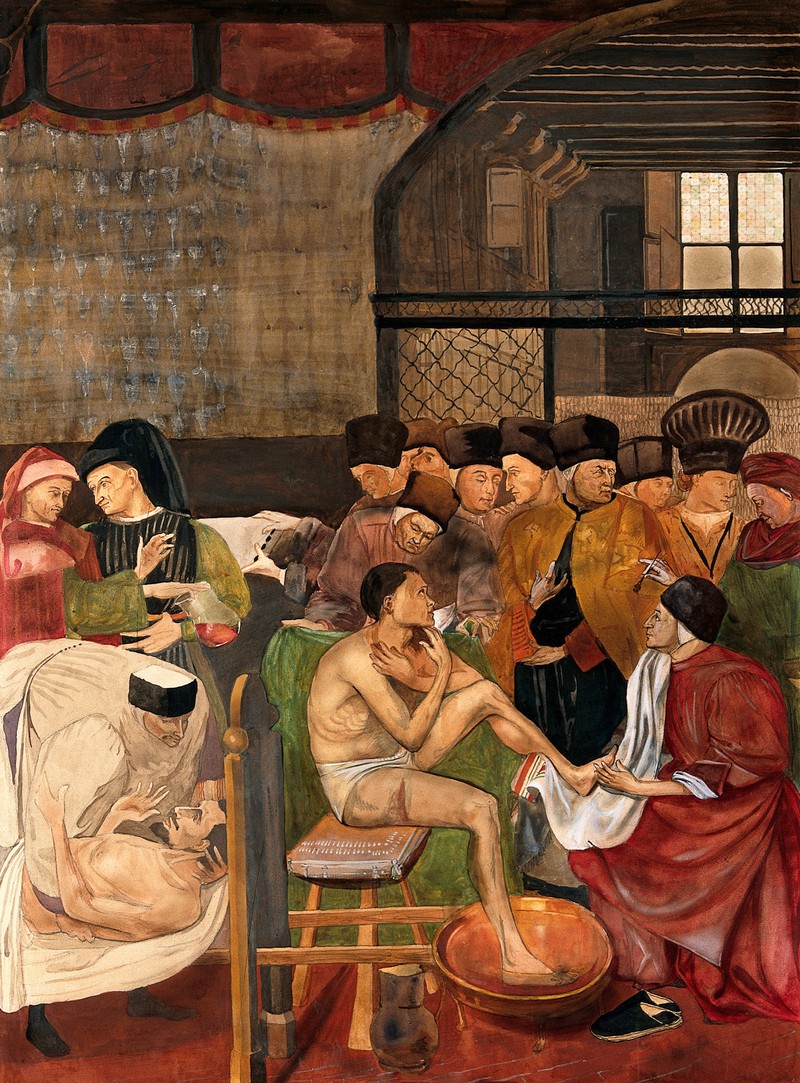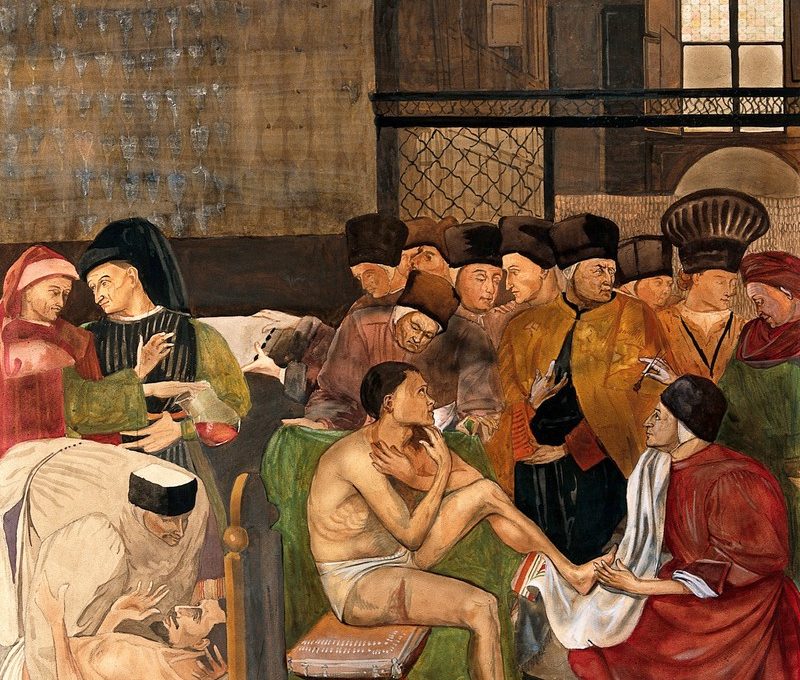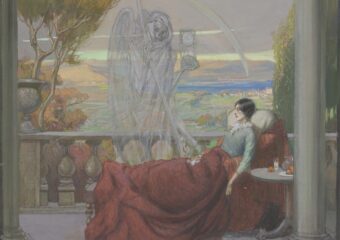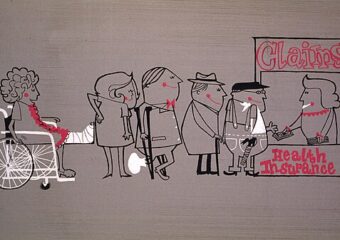Illness as experience, as characterized by Tymieniecka, “takes in the entire radius of human concerns.” Illness as experience is thus what is lived day in and day out as a direct result of health problems, and which can include all the appointments, tests, and hospitalizations and all that comes with these obligations, such as the ordinary inconveniences, indignities, expenses, and, of course, pain and suffering. But the illness experience also includes worries, fears, angers, diminishments, and disfigurements. The illness experience is, overall, and as described by Kleinman, “like the volcano: it does not go away. It menaces. It erupts. It is out of control. One damned thing follows another.”
As an important contributor to illness as experience, Biomedicine is not structured to ameliorate it. Amy Silverstein learned after receiving a transplanted heart at age twenty-four, that “feelings, thoughts, and fears were just a sorry waste of everyone’s time and only served to interfere with a smooth nonconfrontational inpatient experience.” Various humanities works, however, have been able to describe these experiences. Like Woolf, Broyard lamented the dearth of literature that could help with the experience of illness. But, he aggressively sought literature that could help, because in his view, for him and for others experiencing illness, “Art is our ace in the hole,” so “sick people need books like The Transit of Venus to remind them of the life beyond their illness.” For this purpose, Broyard recommended Leo Tolstoy’s The Death of Ivan Illich, Thomas Mann’s The Magic Mountain, Malcolm Lowry’s Under the Volcano, and “most of Kafka.”
Illness as experience, however, is not confined to the person with the health problem and can involve family, friends, and caregivers, among others. Yet, the experience is different for those who do not have the health problem but are involved with the person who does. Biomedicine does even less for those who experience illness through a relationship than it does for people with a health problem. The humanities, however, have not ignored these people. Edvard Munch, the Norwegian expressionist painter, shows the effects of a child’s illness on the child’s aunt in his painting, The Sick Child. Tessa Ransford, in her poem, Hospitalization, captures the experience of a person watching what happens when someone is admitted to a hospital and the transformation that becomes evident upon discharge:
Illness tossed you over the rails
of our world—
the huge hospital swallowed you
then swam away
to go through its routines with you
deep and distant.
I could no more than paddle in
that element—
but came often to watch from the shore
and scan the surface.
After a secret number of days
and hidden nights,
after fathomless hours enclosed
in the whale’s belly
floating on tides of attention
and murmurs of movement,
the hospital will spit you out again
at my feet.
The sand is suddenly swept with
scuttling pebbles
sprays of scum and shells
as you come up on it.
I begin to lead you home, only
to discover
we are on a foreign soil.
Sources:
Painting: Hospital of Santa Maria della Scala, Siena: physicians and surgeons treating the sick. Watercolour, 19–, after Domenico di Bartolo, 1441-1442. Credit: Wellcome Collection. CC BY
Anna-Teresa Tymieniecka, “The Human Condition as a System of Reference for the Medical Interpretation of Illness” in Life – Interpretation and the Sense of Illness within the Human Condition: Medicine and Philosophy in a Dialogue, eds. Anna-Teresa Tymieniecka and Evandro Agazzi (Milan: Kluwer Academic Publishers, 1998)
Amy Silverstein, Sick Girl(New York: Grove Press, 2007)
Arthur Kleinman, The Illness Narratives: Suffering, Healing & the Human Condition (New York: Basic Books, 1988)
Anatole Broyard, Intoxicated by My Illness: And Other Writings on Life and Death. (New York: Fawcett Columbine, 1992)




